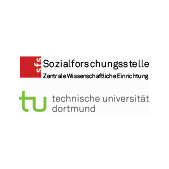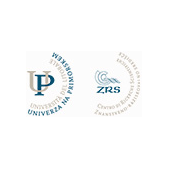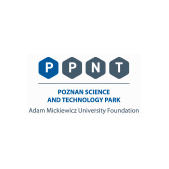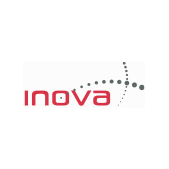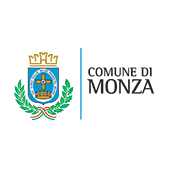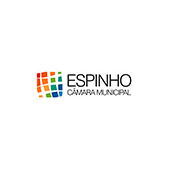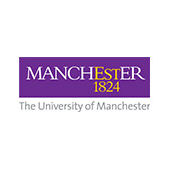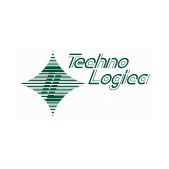Fondazione Banco Alimentare Onlus- Food Bank Network
Since 1989 the Fondazione Banco Alimentare Onlus has been collecting the production surplus of the food supply chain, and by means of its network of 21 organizations spread all over the country, it has been redistributing it to over 8.898 charitable organizations that assist the poor and the needy all over Italy. The Banco Alimentare Network collects foodstuffs which are still perfectly edible but, having lost their commercial value, would be destined to destruction. These foodstuffs are saved from waste, recover their value and become a richness for those who have too little. The main supplying sources of the Banco Alimentare Network are: food industry, organized large-scale retail trade, and collective catering service.






